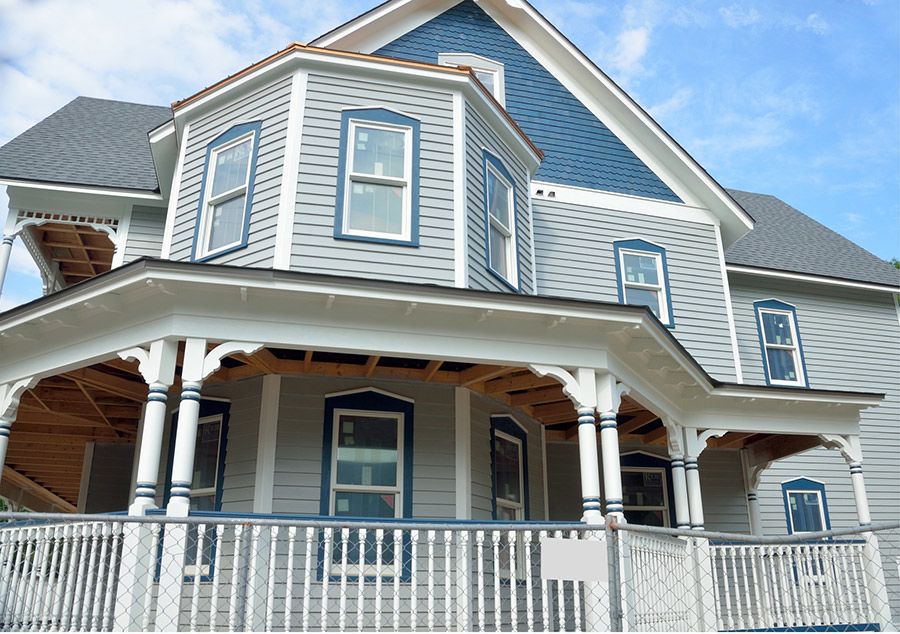Security Checklist - Moving into Your New House

Moving into a new home is an exciting time in anyone’s life. However, it can be quite scary as well. In order to make sure that your family and belongings are safe during the transition, you should keep a few things in mind. Follow this checklist to ensure the security of your new home.
Befriend the Neighbors
Unless you’re living on a very large plot of land in the country, chances are you’ll have at least one neighbor. These people can be invaluable in keeping your home safe. Get to know them, and ask about any security issues they’ve had while living in the area. You can also call on them to keep an eye on things if you’re ever gone for an extended period of time, like a vacation. Setting up your own informal neighborhood watch is a great way to increase security for everyone in the area.
Change the Locks
If you’ve built your home yourself, keep a running list of who has a key during the construction and move-in process. If contractors or anyone besides close family members have access to your home, it’s a wise idea to change out the locks and get new keys. If you’re moving into a pre-existing home, this is even more vital. You have no way of knowing who has a key, so you should eliminate the possibility of anyone less-than-scrupulous having one by changing them right away. If you’re renting, be sure to discuss the change with your landlord first– you may even be able to get them to do the swap for you.
Install a Security System
A security system provides you with protection as well as peace of mind. Some pre-built homes may already have the wiring setup for you, so all you’ll have to do is call and have service activated. If you’re building a new home, be sure to factor a security system into your plans. It’s also a wise idea to have stickers on your windows or signs near doors advertising your security system, as these alone as a fantastic deterrent to anyone who may want to break in.
Install Outdoor Lighting
Many properties have areas that aren’t particularly well-lit at night. These make great hiding places for intruders. In order to prevent break ins, install security lighting around your home in any dark areas where burglars may lurk. At the very least, there should be lights around all entrances to your home. If you don’t want the nuisance of bright lights shining into your doors and windows all night long, consider motion-detecting devices that only turn the lights on when something moves.
